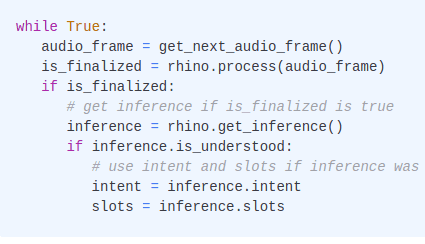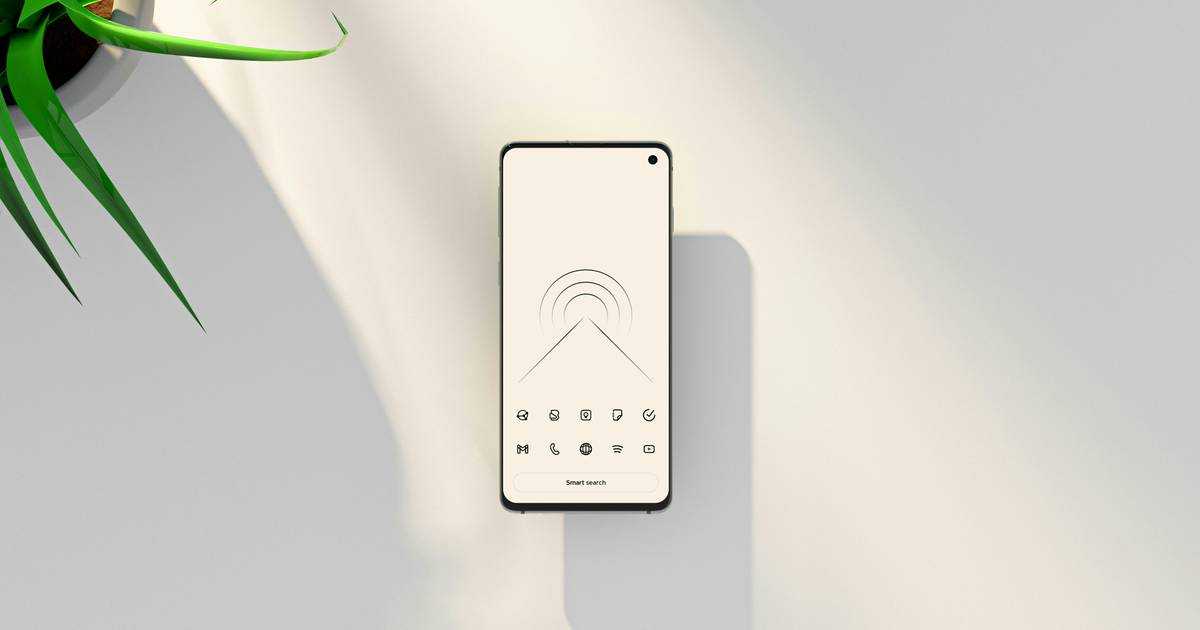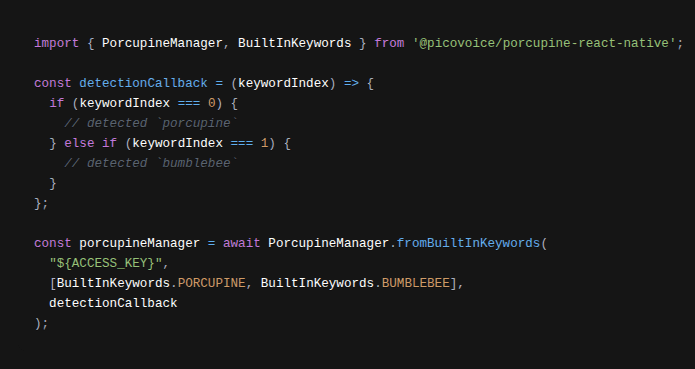Always-Listening Commands, Voice Activation, Hotword Detection, Trigger Word Detector and Wake-up Word Recognition are used interchangeably. Yet, there are some nuances. This article answers the questions below and explains these nuances.
What is always listening?
Always Listening is a feature that enables software to listen to conversations, i.e. human speech in the environment. Always-Listening Commands initiate actions with no further input. Wake words are the most known always-listening commands. They activate dormant software to listen to further commands. “Open Sesame” from the story of Ali Baba and the Forty Thieves is another example. “Open Sesame” opens the mouth of the cave with no prior command or physical initiator.
Always-listening commands can save time and improve the user experience. For example, in case of an emergency, an older adult can trigger a series of events with a simple phrase. One command can notify loved ones and emergency dispatchers directly. In enterprise applications such as voice-picking, eliminating a wake word or a push-to-talk improves productivity even further.
Always-listening commands have a negative connotation due to infamous smart speakers’ eavesdropping. However, always-listening applications, including experiences like Alexa, can be completely private. It depends on implementation. When voice recognition is done locally on the device there is no need to record human speech. Otherwise, voice data has to be sent somewhere (either private or public cloud) to be processed. For the transfer, voice data has to be recorded. That is why always-listening commands are mostly known for privacy issues. Both Alexa and Google process wake words locally on the device, then the rest in the cloud. To send voice data to the cloud, they record audio starting from a few seconds prior. On the other hand, applications powered by Picovoice’s Wake Word engine followed by its Speech-to-Intent or Speech-to-Text engine do not need to record any audio data.
What's voice activation?
Voice Activation refers to technology activating applications with speech. Wake Word Detection or Voice Activity Detection can activate dormant applications. Wake word detection triggers applications when it recognizes particular phrases, i.e. pre-defined wake words. Voice activity detection, on the other hand, activates them when the presence of speech, regardless of phrases. For example, voice activity detection enables ordering via drive-thru kiosks. Drive-thru kiosks are used when someone arrives. There is no need to activate the system via a wake word or a push-to-talk button. When VAD detects voice activity, it activates the Speech-to-Intent engine for the follow-up commands. Assistive tools for people with hearing difficulties are another example. When an app detects voice, it activates Speech-to-Text to transcribe the conversation in the surroundings.
What's hotword detection?
Hotword Detection is also known as Hotword Recognition, Trigger Word Detection, Trigger Word Recognition, Wake-Up Word Detection, Wake-Up Word Recognition, or Wake Word Detection. A hotword, trigger word, wake-up word or wake word is a phrase that activates dormant software. It’s a subgroup of Voice Activation and Always-Listening Commands.
The technology behind the Hotword Detection and Always-Listening Commands is the same, Keyword Spotting. With Always-Listening Commands, one may use multiple phrases such as “open sesame,” “turn the lights on,” “open in a new tab”, and “close the browser” to perform various tasks. With a hotword, the phrases just activate a dormant application. For example, Alexa-enabled devices currently have five hot words: “Amazon," "Alexa," "Computer," "Echo,” and “Ziggy.”
There is no difference between Hotword, Hot Word, Trigger Word, Wake Word, and Wake-Up Word. For example, Picovoice’s wake word engine, Porcupine, is used by NASA for several projects. In one project, NASA calls it Hot Word Recognition, and in another, Wake Word Detection. Google predominantly uses Hotword Detection.
Despite different names, they all refer to the same thing. End users do not know the terminology, but the phrases such as “Alexa” and “Hey Siri.” Thus, choosing a wake phrase that reflects the brand identity is more important. The Wake Phrase also affects engines’ performance. Check out Picovoice’s guide on selecting a custom hotword and train yours. Even Free Plan users can train custom hotwords on the Picovoice Console in seconds.
Start Free






